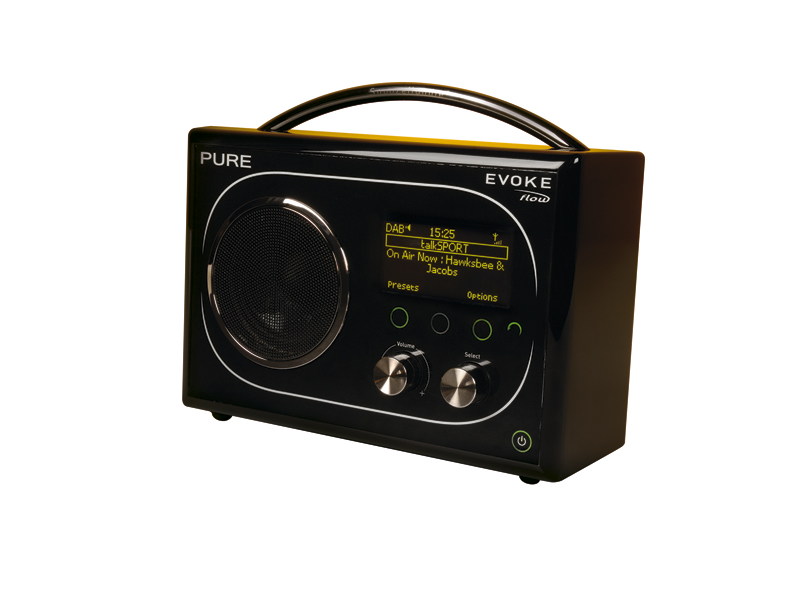As internet radio booms, is DAB doomed?
Strength of FM and high costs also problematic for DAB

In the recent Digital Britain report, the UK government committed itself to making DAB the "primary distribution network for radio". But with internet radio booming and FM prevailing, is DAB really the future of radio?
On the surface, everything looks rosy. DAB radio sales are buoyant and the number of people listening to digital radio stations is on the up. It's estimated that nearly one third of the UK population tunes into a digital radio station every week.
According to the most recent RAJAR figures, digital listening rose by 10 per cent in Q4 2008, while DAB ownership received a 35 per cent boost.
DAB isn't economically viable
Even so, digital radio is having a bumpy ride. DAB took a body blow last year when Gcap Media closed two digital stations, citing DAB is "not economically viable". Channel 4 also axed its DAB radio plans.
We're nowhere near a digital TV-style DAB 'switchover'. The Digital Britain report specified that migration would be considered when 90 per cent of the UK can receive digital, broadcasts and 50 per cent of radio listening is via DAB. Right now, the RAJAR data shows that only 18.3 per cent of all radio listening is via all digital platforms.
There are over 8.5 million DAB radios in the UK – more than half a million were sold in December alone. According to Tony Moretta, Chief Executive of the Digital Radio Development Bureau (DRDB), feedback has been "overwhelmingly positive, for content, ease of use, audio quality and other features."
Get daily insight, inspiration and deals in your inbox
Sign up for breaking news, reviews, opinion, top tech deals, and more.
The Digital Britain report announced the formation of a Digital Radio Delivery Group to "increase the attractiveness, availability and affordability of DAB". But the technology certainly has a fight on its hands against the likes of Internet radio and DAB+. And that's before you consider the still-strong FM.
DAB versus Internet Radio
So what are the problems with DAB? "The biggest danger to DAB is the arrival of newer, more efficient delivery systems," suggests independent radio analyst Grant Goddard.
"Radio delivered by the internet not only offers consumers thousands of choices of content, but also the advantage of on-demand 'listen again' programmes and podcasts. This is something that the DAB platform cannot do and so it's less satisfying for consumers who increasingly are demanding content when and how they want to listen, not when the broadcaster wants to deliver it to them."
DAB is also often criticised for low bitrates. "The audio quality on internet radio is either already far better than on DAB, or it will be in the near future," digitalradiotech.co.uk Editor Steve Green told TechRadar recently.
Where DAB uses the MPEG-1 Audio Layer II technology, it's immediately outclassed by Internet radio broadcasts that use WMA or AAC codecs. DAB also faces a threat from DAB+, a newer digital radio standard that uses AAC+.
"It's global technologies that flourish in this digital age," says Goddard. "DAB has only been adopted on a full-scale basis by a handful of countries (and notably, not by the US). Even if you take a UK DAB radio to Switzerland, which also uses DAB, it will not receive all the stations there because they have adopted a different type of DAB technology [that's DAB+]. As such, it is not a truly universal system and is unlikely to ever be so.
"It will prove counter-productive for the UK to 'go it alone' and insist that DAB becomes the main broadcast platform for radio in the UK, when it is global technologies and hardware that are increasingly dominant."